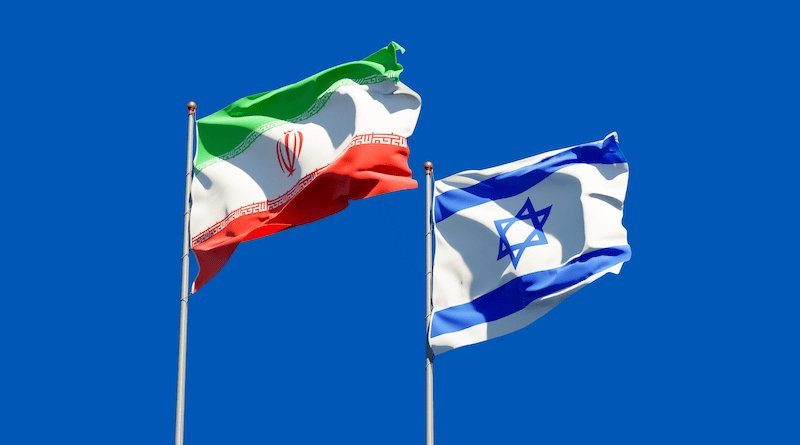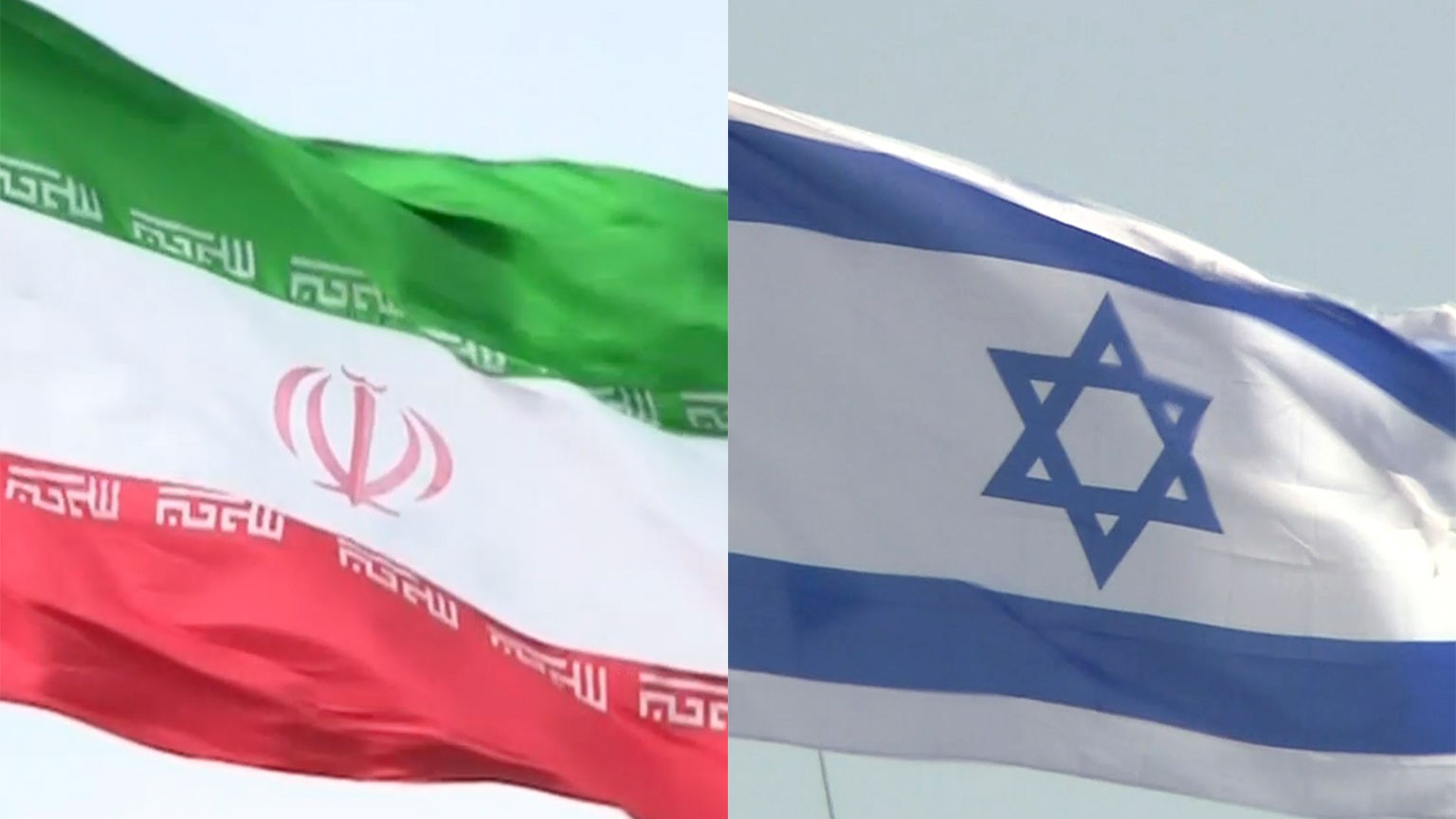In a significant diplomatic initiative, India is set to dispatch an all-party delegation of Members of Parliament (MPs) to key countries following May 22. The delegation, comprising senior MPs from various political parties, aims to brief international leaders on the recent conflict with Pakistan and present India’s strategic response. As part of this outreach mission, the MPs will visit nations including the United States, United Kingdom, South Africa, Qatar, and the United Arab Emirates.
To ensure a united political front, the Indian government held an all-party meeting to assess the security situation. In a show of national solidarity, opposition parties expressed their support for the government’s firm stance against Pakistan’s provocations. The meeting underscored the need for a coordinated diplomatic and political strategy, reinforcing the seriousness with which India views the conflict.
The initiative is being spearheaded by Parliamentary Affairs Minister Kiren Rijiju, who is overseeing the logistics and coordination of the international tour. Formal invitations have been sent to selected MPs, with each delegation expected to include five to six members—primarily experienced parliamentarians from the ruling National Democratic Alliance (NDA). Their mission will be to clearly articulate India’s position and the rationale behind its recent actions, in an effort to rally international backing.
This diplomatic move follows India’s broader efforts to secure international support through official channels, including direct engagements with foreign ministers and top-level government officials. These efforts intensified after the terrorist attack in Pahalgam on April 22, carried out by militants operating from Pakistan. In response, India launched ‘Operation Sindoor,’ a targeted military strike on terror camps located in Pakistan and Pakistan-occupied Kashmir.
The conflict saw further escalation when Pakistan responded with attempted drone strikes on Indian cities and military assets. The heightened tensions persisted for four days, ultimately leading to a de-escalation agreement reached on May 10.
Alongside external diplomacy, India has taken a range of internal measures to express its resolve. These include the cancellation of visas, suspension of the Indus Waters Treaty, scaling down diplomatic ties, closure of land borders and airspace, and a halt to trade and business relations with Pakistan. These steps are intended to deliver a clear message: India will not tolerate threats to its national security.
The all-party outreach effort is expected to reinforce India’s global alliances and ensure that its narrative on the conflict is clearly understood by the international community.











